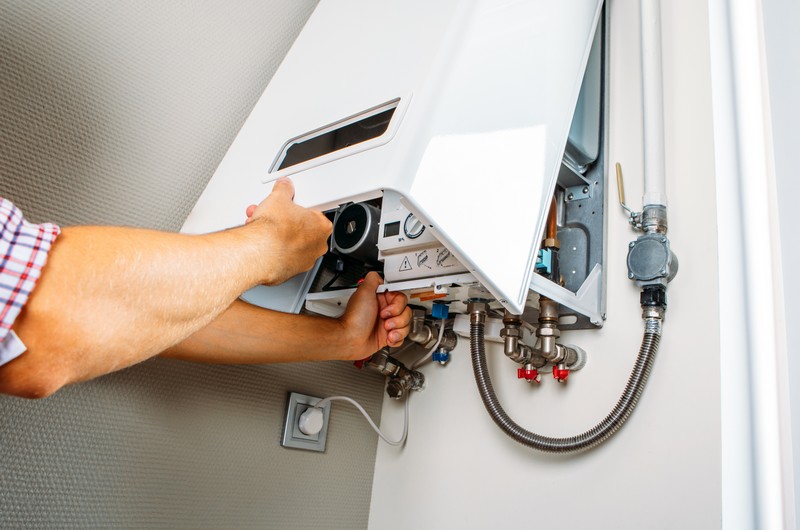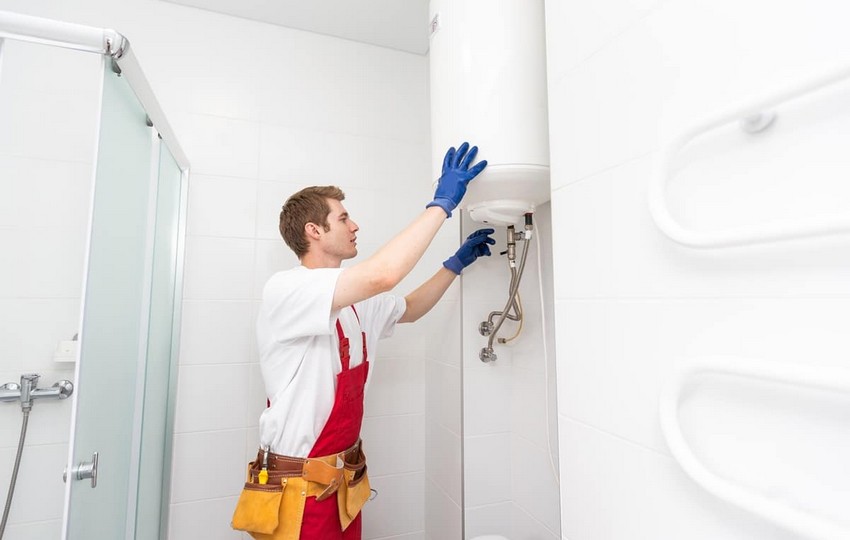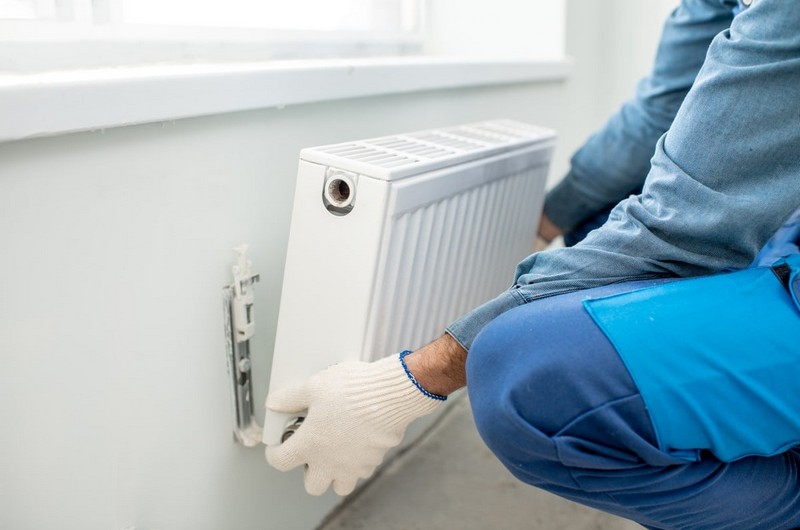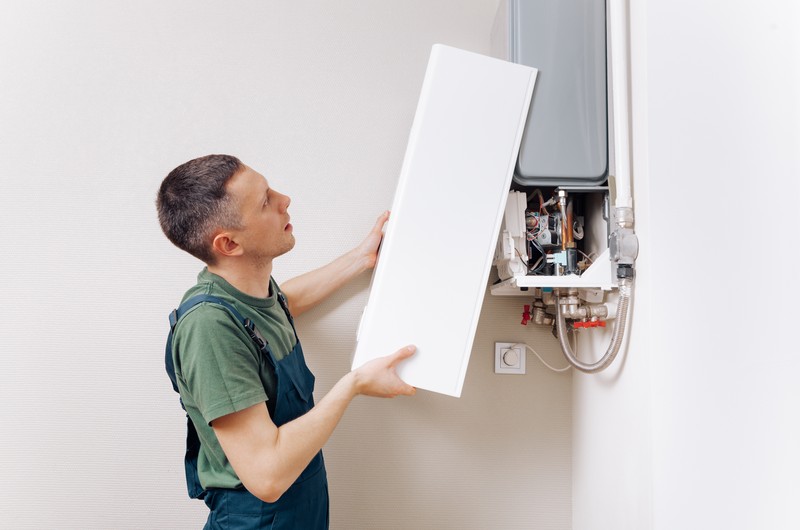 What is Heating Cover?
What is Heating Cover?

Heating systems are essential for maintaining a comfortable and cozy environment in our homes or workplaces, especially during the colder months. However, unexpected breakdowns or malfunctions can disrupt their warmth and convenience. This is where the heating cover comes into play. Heating cover, boiler cover, or heating insurance is a service or policy that protects your heating system from unexpected failures, breakdowns, or repairs. It offers financial security and peace of mind by ensuring you can access professional assistance when your heating system fails.
Introduction
In the chilly winter months, a reliable heating system is a necessity. It provides warmth and comfort, making our living spaces cozy and habitable. However, like any other mechanical equipment, heating systems are prone to occasional breakdowns or malfunctions. These issues can be not only inconvenient but also expensive to repair. This is where heating cover becomes essential.
Definition
Heating cover refers to a service or insurance policy that protects your heating system, such as a boiler, from unexpected failures, breakdowns, or repairs. It typically involves an agreement between the homeowner and a heating cover provider, ensuring that any necessary repairs or replacements are covered under the policy. The heating cover is a safety net, providing financial protection and peace of mind when your heating system encounters issues.
Benefits
Heating cover offers several benefits to homeowners and businesses alike. Let’s explore some of the advantages of having heating cover:
- Financial Security: With a heating cover, you don’t have to worry about sudden and expensive repair costs. The policy covers the expenses of repairing or replacing your heating system, reducing your financial burden.
- Emergency Assistance: Heating cover typically includes access to emergency helplines or support services, allowing you to get professional assistance when your heating system breaks down quickly. This ensures minimal downtime and a swift resolution to the issue.
- Regular Maintenance: Many heating cover policies include annual maintenance visits by qualified professionals. These visits help identify and address any potential problems before they escalate, ensuring your heating system’s efficient and reliable operation.
- Peace of Mind: Knowing that your heating system is protected gives you peace of mind, especially during the cold winter. You can rest easy, knowing you won’t be left without heating or face unexpected expenses if your system malfunctions.
Types
There are different types of heating cover policies available in the market. The specific coverage and terms may vary between providers, but some common types include:
- Boiler Cover: This type of heating cover focuses on protecting your boiler from breakdowns and repairs. It typically includes parts and labor costs for fixing or replacing the boiler in case of a failure.
- Central Heating Cover: Central heating cover protects your entire heating system, including radiators, pipes, and controls. It offers comprehensive coverage and ensures that your entire system is handled.
- Home Emergency Cover: Home emergency cover extends beyond heating systems and includes coverage for other essential home services, such as plumbing, electrical, or drainage emergencies. It provides a broader range of protection for various household emergencies.
- Landlord Cover: Landlord cover is specifically designed for rental properties. It protects the heating systems in rental units and ensures landlords can quickly resolve any issues, keeping tenants comfortable.
Features
Heating cover policies often have specific features that enhance their value and effectiveness. Some common features include:
- 24/7 Helpline: Most heating cover providers offer a 24/7 helpline, allowing you to seek assistance anytime, day or night. This ensures prompt support, even during emergencies.
- Fast Response Time: Reputable heating cover providers aim to provide quick response times when you need help. They understand the urgency of heating system failures and prioritize resolving issues promptly.
- Qualified Engineers: Heating cover policies typically include access to qualified, experienced engineers who can diagnose and repair your heating system efficiently. These professionals have the expertise to address various heating system problems.
- Parts and Labour Coverage: Good heating cover policies cover both the cost of parts and the labor involved in repairing or replacing your heating system. This reduces the financial burden on the homeowner.

Importance
The heating cover is essential for several reasons:
- Cost-Effective: Unexpected breakdowns or repairs can be costly. The heating cover ensures financial protection, allowing you to avoid hefty expenses when your heating system fails.
- Convenience: Having a heating cover means you don’t have to spend time searching for a reliable engineer or service provider when your heating system malfunctions. You can contact your cover provider and let them handle the issue.
- Peace of Mind: Knowing that you have a safety net for your heating system gives you peace of mind. You can enjoy the warmth and comfort of your home or workplace without worrying about unexpected breakdowns.
- Timely Repairs: The heating cover ensures that any repairs or replacements needed for your heating system are addressed promptly. This minimizes downtime and allows you to maintain a comfortable environment.
Installation
To benefit from a heating cover, you typically need to have your heating system installed correctly. While installation processes may vary depending on the type of heating system you have, it’s crucial to hire a professional for the job. Proper installation ensures that your heating system operates efficiently and reduces the risk of future breakdowns.
Maintenance
Regular maintenance is vital for the smooth operation of your heating system. Many heating cover policies include annual maintenance visits by qualified engineers. During these visits, the engineers inspect and service your heating system, identifying and addressing any potential issues before they become major problems. Regular maintenance can prolong the lifespan of your heating system and ensure its optimal performance.
Cost
The cost of heating cover varies depending on several factors, such as the type, level of coverage, and provider. It’s important to compare different policies and consider the coverage they offer before making a decision. While heating cover involves an additional expense, it can save you significant costs in the long run by protecting you from unexpected repair or replacement bills.
Comparison
When choosing the heating cover, it’s advisable to compare different policies to find the one that best suits your needs. Consider factors such as coverage, cost, reputation of the provider, and customer reviews. By evaluating multiple options, you can decide and select the heating cover policy that offers the most value for your investment.
Warranty
Many heating systems come with a manufacturer’s warranty covering certain repairs or replacements within a specific period. It’s important to understand the terms and conditions of the warranty provided with your heating system. Some heating cover policies may offer extended warranties or coverage beyond the manufacturer’s warranty. Be sure to review the warranty details and any additional coverage offered by your heating cover provider.
Buying Guide
When purchasing a heating cover, consider the following factors:
- Type of Cover: Assess your heating system’s requirements and choose a cover type that aligns with your needs. Whether you need a boiler, central heating, or home emergency cover, ensure the policy covers the specific aspects you want to protect.
- Coverage Limits: Check the policy’s coverage limits, including the maximum amount payable for repairs or replacements. Ensure that the limits are sufficient to cover potential costs.
- Exclusions: Understand the exclusions mentioned in the policy. Exclusions are specific situations or conditions under which the policy may not provide coverage. Be aware of these limitations to avoid any surprises later.
- Provider Reputation: Research the reputation and reliability of the heating cover provider. Look for customer reviews and ratings to gauge the quality of their service and responsiveness.
- Price: Compare the prices of different heating cover policies while considering their coverage and features. Find a balance between affordability and the level of protection provided.
Tips
Here are some helpful tips related to heating covers:
- Regularly service your heating system: Even with a heating cover, it’s beneficial to have your heating system serviced regularly to prevent potential issues.
- Read the policy details: Carefully read and understand the terms and conditions of your heating cover policy to avoid any misunderstandings or surprises.
- Keep records: Maintain a record of your heating cover policy documents, including contact information for emergency assistance. This ensures you have quick access to the necessary information when needed.
- Notify the provider of changes: If you make any changes to your heating system, such as upgrades or modifications, inform your heating cover provider to ensure continued coverage.
- Renew on time: Keep track of your heating cover policy’s renewal date and make sure to renew it promptly to maintain uninterrupted coverage.
Conclusion
The heating cover provides essential protection for your heating system, offering financial security and peace of mind. It ensures that you have access to professional assistance and covers the cost of repairs or replacements when your heating system fails. By choosing the right heating cover policy and following proper maintenance practices, you can keep your home or workplace comfortably warm while avoiding unexpected expenses.



